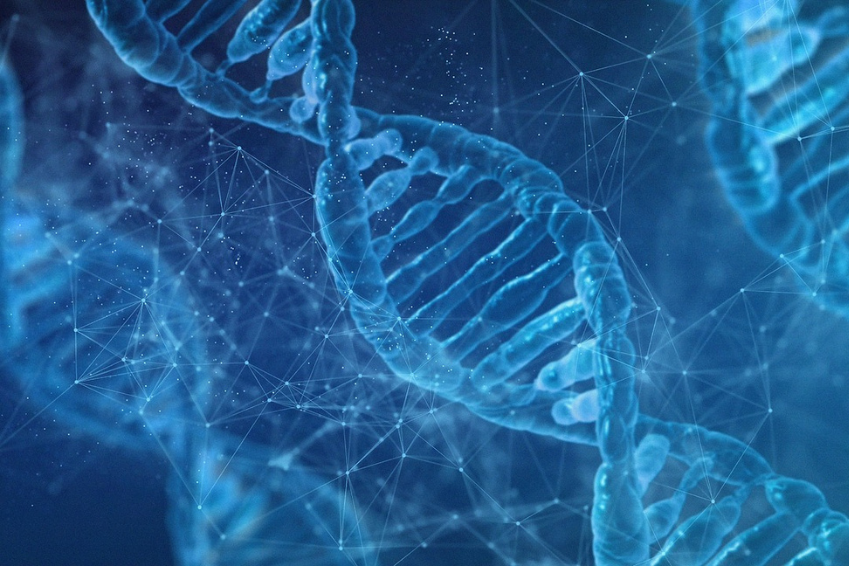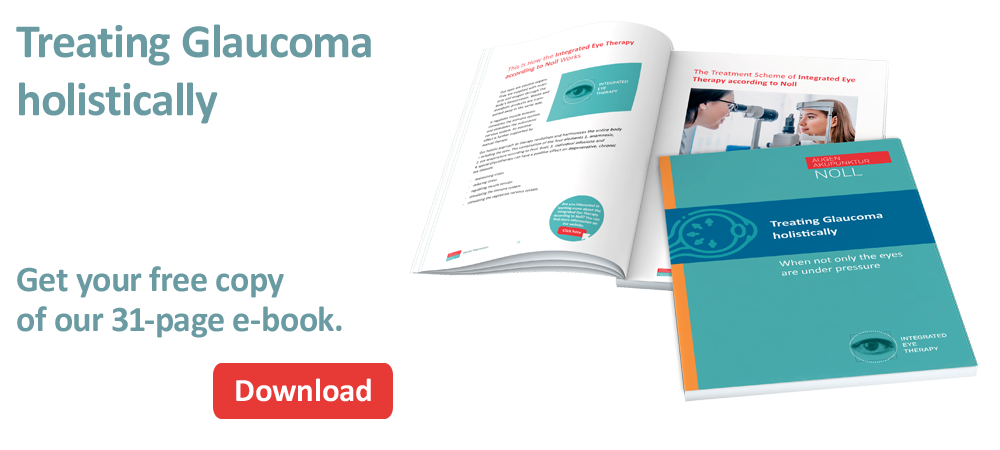Familial predisposition and genetics can be a cause of Glaucoma

Two inheritance patterns are considered by scientists to be possible causes of glaucoma
The development of Glaucoma may have a genetic component
One of the significant causes of glaucoma is familial predisposition and genetics.
Familial predisposition and heredity in the context of glaucoma refers to the fact that this disease is clustered in some families and has a genetic component.
People whose close relatives (parents, siblings or children) have glaucoma have an increased risk of developing the disease themselves.
The exact genetic foundation of glaucoma is complex and not fully understood to date. However, there are several genes that have been linked to the occurrence of the disease.
Mutations in these genes can increase the risk of developing glaucoma. Different forms of glaucoma can be caused by different genetic mutations.
Two inheritance patterns favour the development of Glaucoma
The inheritance patterns of glaucoma can vary depending on the specific genetic cause. In some families, the disease is inherited in an autosomal dominant manner, meaning that only one copy of the mutated gene from one of the parents is sufficient to cause the glaucoma.
In other cases, the inheritance is autosomal recessive, where both parents must pass on a copy of the mutated gene for the child to develop the disease.
A genetic disposition increases the risk of Glaucoma – but does not necessarily lead to it
However, it is important to emphasise that not all people with a family predisposition to glaucoma will actually develop the disease.
It is simply an increase in risk compared to the general population. There are also cases of people without a family history of glaucoma developing the disease.
Regular eye examinations are advisable for people with a genetic disposition
As glaucoma is a progressive disease and often causes no symptoms in the early stages, it is essential that people with a family history of the disease have regular eye examinations to enable early diagnosis and treatment.
Early intervention can help limit or prevent vision damage and slow the progression of the disease.
Research is in the process of fathoming out the complex interrelationships
Overall, familial predisposition and genetics show an important role in the development of glaucoma, but it is a complex interaction of genetic factors and environmental influences that leads to this eye disease.
Research in this area is still ongoing, and further findings could help improve treatment options and better understand the risk of developing glaucoma.

